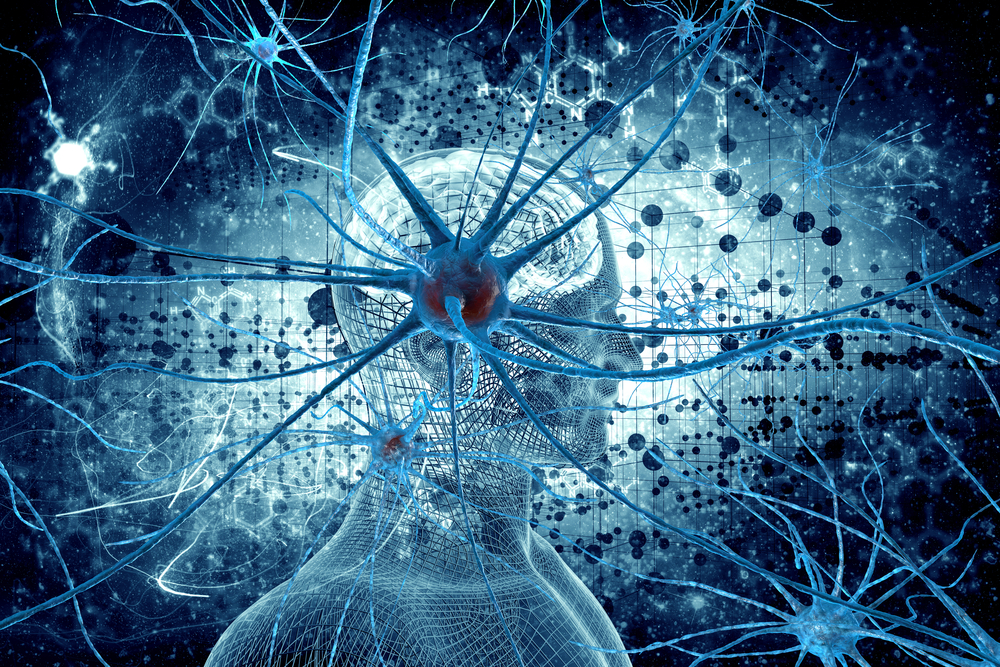Study Identified Specific Neurons Responsible for Daily Life Memories

A collaboration between researchers from the University of Leicester, the University of California Los Angeles and Tel-Aviv University identified neurons responsible for the creation of memories on everyday episodes. The study entitled “Rapid Encoding of New Memories by Individual Neurons in the Human Brain” appeared July 1, 2015 in the journal Neuron.
Episodic memory, the memory of an everyday event or “episode”, is lost in Alzheimer’s disease and other neurologic diseases. Episodic memories allow us to consciously recall personal experienced events from the recent or distant past including details such as what, when and where it happened. These may include situations like remembering where we parked the car this morning.
Now, researchers studied the rapid neuronal changes in the brain derived from the rapid associations responsible for the episodic memories. The research team recorded individual neurons in the medial temporal lobe (MTL) of 14 patients with severe epilepsy whom had implanted electrodes for clinical reasons. By showing the patients pairs of unrelated pictures, either a person or a place, researchers modelled the episodic memory of meeting a person in a particular place. They created contextual composite images showing a person at a place and then followed the activity of individual neurons while the patients learned these associations. After a few trials, cells initially responsive to one picture started firing to the associated one but not to others.
“This study looks at the single neuron correlates of the learning of new contextual associations in the human brain, and we were able to show for the first time that the speed at which complex associations are encoded is compatible with the basic mechanisms of episodic memory creation,” said study’s first author Matias Ison in a press release. “We had hypothesized that we’d be able to see some changes in the firing of the neurons. But the astonishing fact was that these changes were dramatic, in the sense of neurons being very silent or very active, and that it occurred at the exact moment of learning.”
“The loss of memory function is one of the most devastating afflictions of the human condition,” said Itzhak Fried, one of the team leaders. “This study looking at the basic underpinnings of the inception of associations is an important step in understanding the physiological basis required for the development of novel interfaces with the human brain that may one day improve the lives of neurological patients with memory impairment.”
One of the potential applications of this study involves a neuro-prosthetic device to restore episodic memory function in neurological patients by stimulating specific neurons.
“Although the inception of episodic memories — like remembering the context and sequence of salient events when meeting a friend at a particular café — goes beyond the formation of contextual associations, our study suggests a fundamental mechanism of neuronal plasticity that may support episodic memory formation,” the study states.






